Description
Structure and Function
Carnosine is synthesized in the body from beta-alanine and histidine amino acids through a relatively simple biochemical process. It is concentrated in tissues that are metabolically active or subject to high oxidative stress, such as the brain, heart, and skeletal muscles. In these environments, carnosine performs several critical functions:
- Antioxidant Activity: Carnosine scavenges reactive oxygen species (ROS) and reactive nitrogen species (RNS), protecting cells from oxidative damage. This antioxidant capacity supports cellular health and longevity.
- pH Buffer: In muscle cells, carnosine helps buffer pH changes during high-intensity exercise, delaying the onset of muscle fatigue and enhancing performance.
- Metal Ion Chelator: Carnosine binds to metal ions such as zinc and copper, potentially preventing metal-induced oxidative stress and maintaining metal ion homeostasis in cells.
- Anti-Glycation Agent: It inhibits the formation of advanced glycation end-products (AGEs), which are harmful compounds that can accumulate in tissues and contribute to aging and various diseases.
Sources of Carnosine
Carnosine is predominantly found in animal products, with beef, poultry, and fish being rich sources. The concentration of carnosine in muscle tissues varies among animals, generally correlating with muscle fiber type and activity level. Vegetarian and vegan diets typically provide lower amounts of carnosine, leading to discussions about the need for supplementation to achieve its potential health benefits.
Health Benefits
Muscle Function and Performance
Carnosine’s role in buffering pH and reducing oxidative stress in muscles can enhance physical performance, particularly in activities requiring high-intensity and explosive movements. Supplementation has been explored for its potential to improve exercise capacity and delay muscle fatigue.
Neuroprotection and Cognitive Health
Due to its antioxidant properties, carnosine may offer neuroprotective benefits, potentially mitigating the impact of oxidative stress on brain health. Research suggests a role for carnosine in cognitive function, with potential implications for neurodegenerative conditions.
Anti-Aging and Skin Health
By inhibiting glycation and reducing oxidative damage, carnosine may slow the aging process and improve skin health. Its anti-glycation properties are particularly relevant in preventing the formation of AGEs, which contribute to skin aging and stiffness.
Cardiovascular Health
Carnosine’s antioxidant and anti-glycation activities may also benefit cardiovascular health by protecting against oxidative stress and the glycation of proteins, both of which are risk factors for cardiovascular diseases.
Potential Side Effects and Considerations
Carnosine is considered safe for most individuals when consumed through diet or supplementation at recommended doses. However, high doses may cause a temporary drop in blood pressure due to its effects on blood vessel dilation. As with any supplement, it’s essential to consult with a healthcare provider before beginning carnosine supplementation, especially for individuals with pre-existing health conditions or those taking medication.
Supplementation and Dosage
While dietary intake of carnosine from animal sources may suffice for general health, targeted supplementation may be necessary to achieve therapeutic levels, particularly for athletes or individuals seeking specific health benefits. The optimal dosage can vary based on factors such as age, health status, and desired outcomes. Clinical studies often use doses ranging from 500 mg to 2 g per day, demonstrating varying degrees of efficacy and safety.
Conclusion
Carnosine is a naturally occurring dipeptide with a wide range of physiological functions and potential health benefits. Its antioxidant, anti-glycation, and pH-buffering properties make it an interesting compound for enhancing physical performance, supporting cognitive health, and contributing to anti-aging strategies. While further research is needed to fully understand its mechanisms and optimal use, carnosine represents a promising area of interest for nutritional science and health promotion. As with any supplement, careful consideration and consultation with a healthcare provider are recommended to maximize benefits and minimize risks.

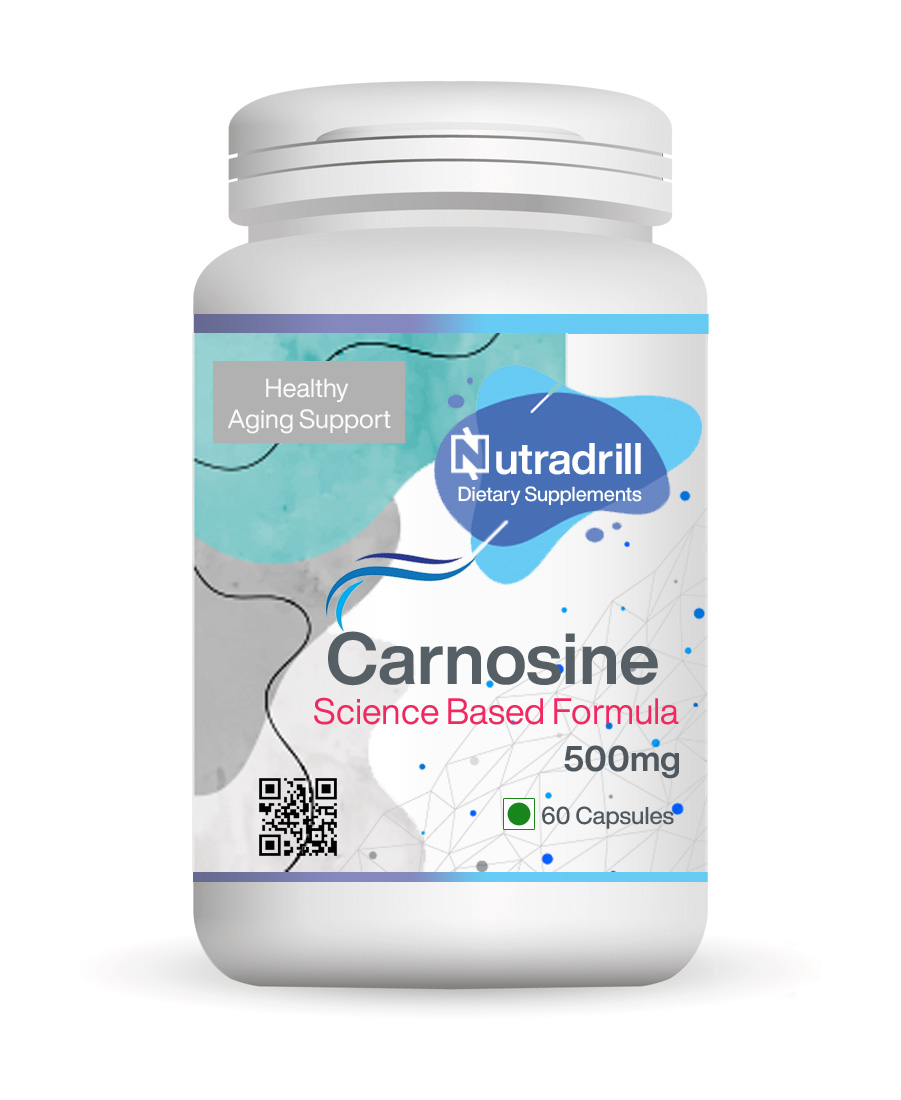
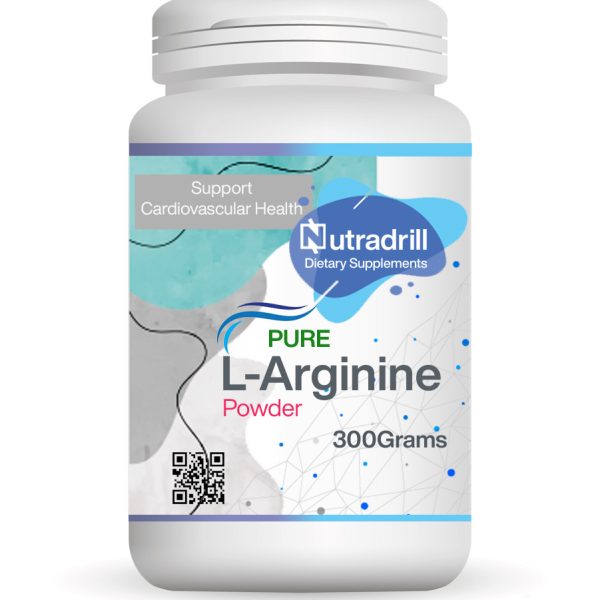
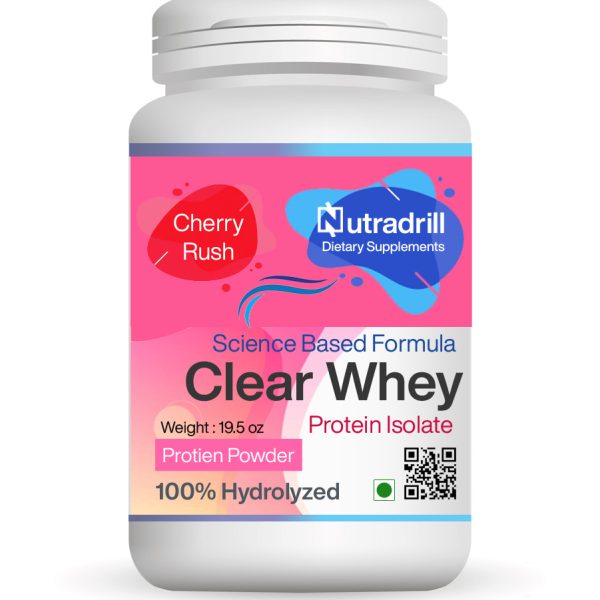
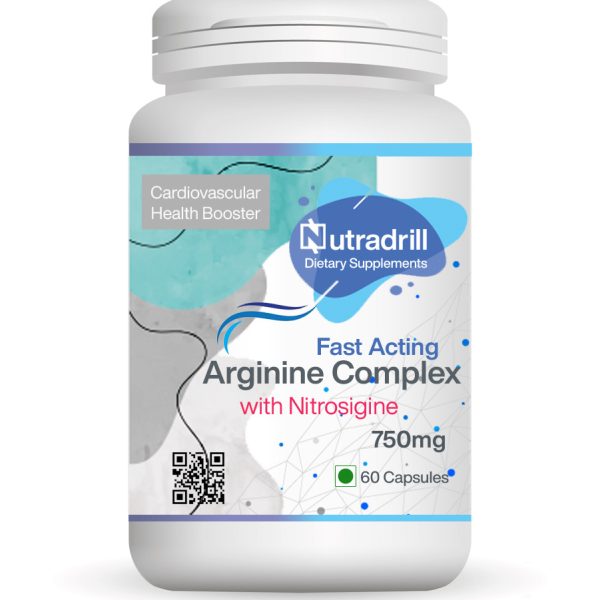
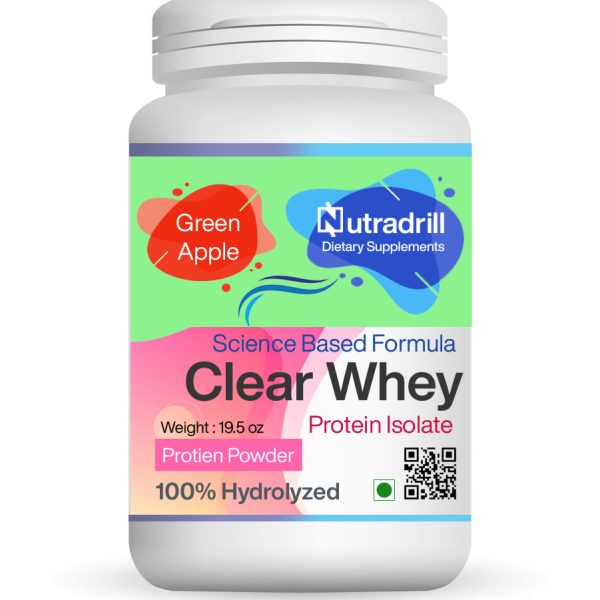
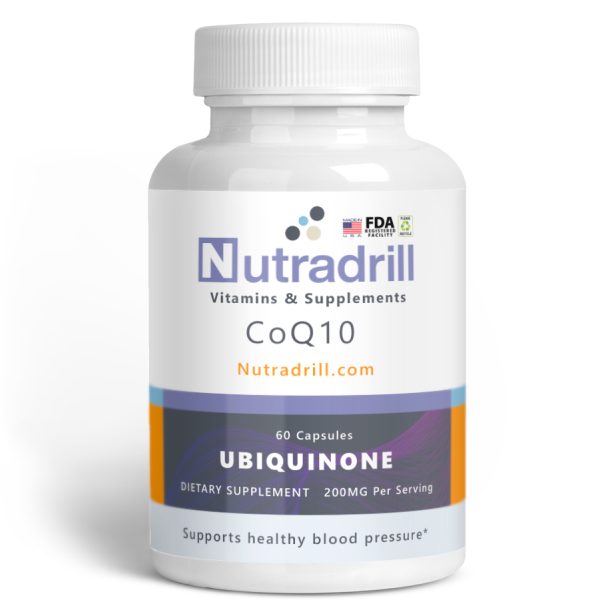
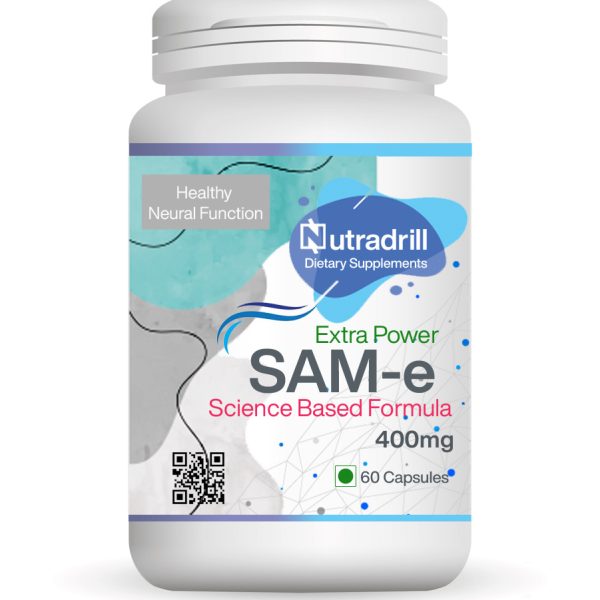
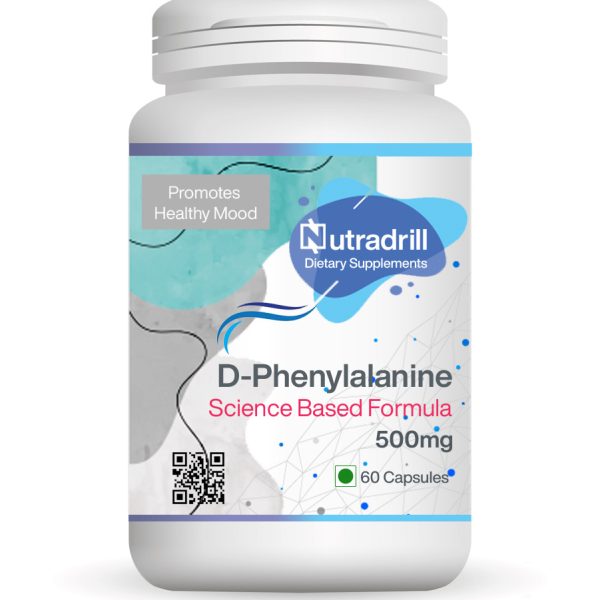
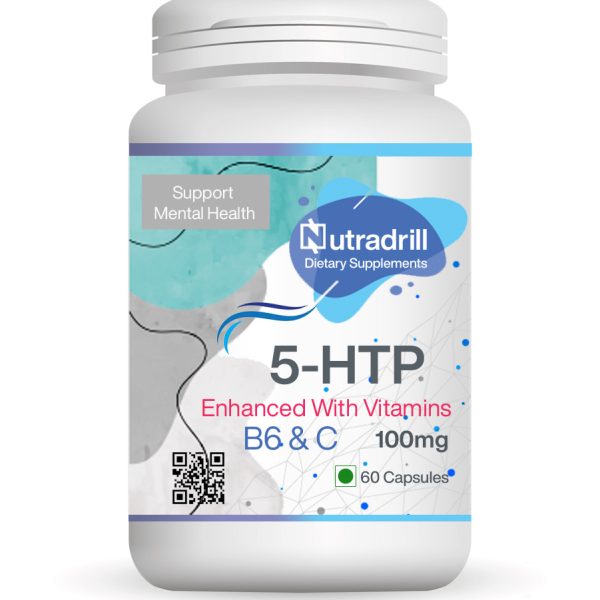
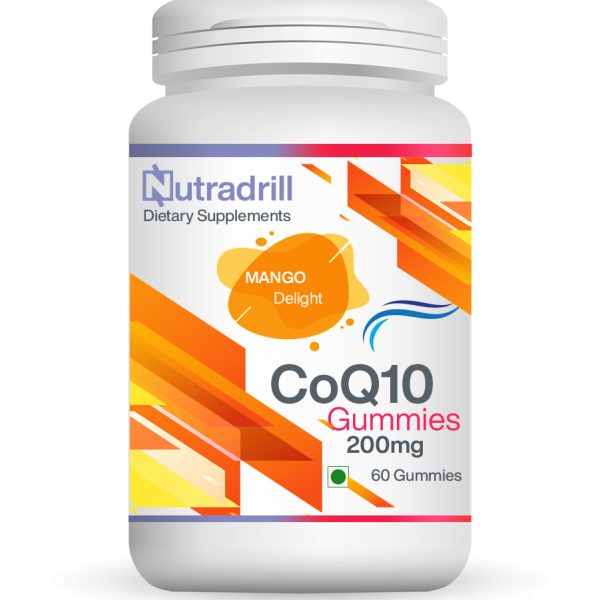
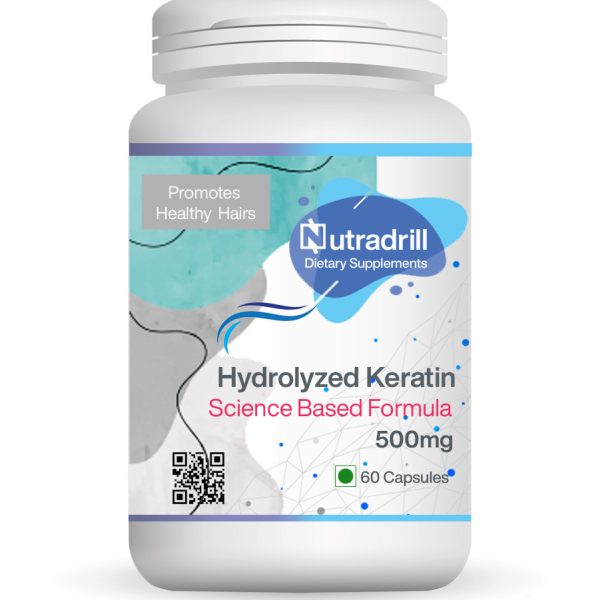
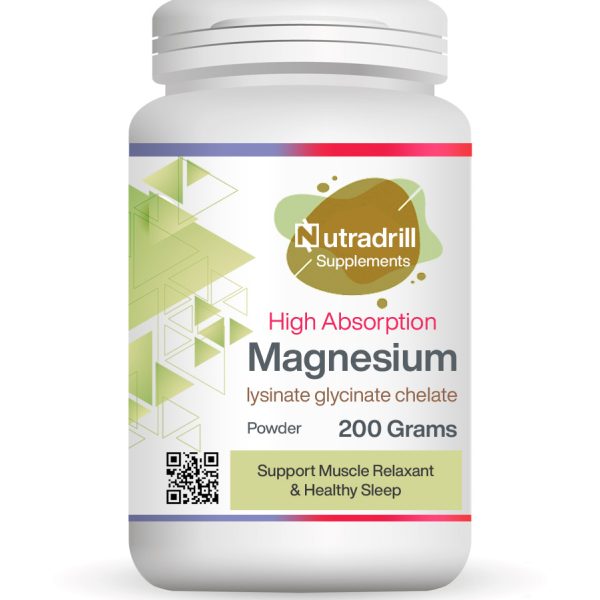
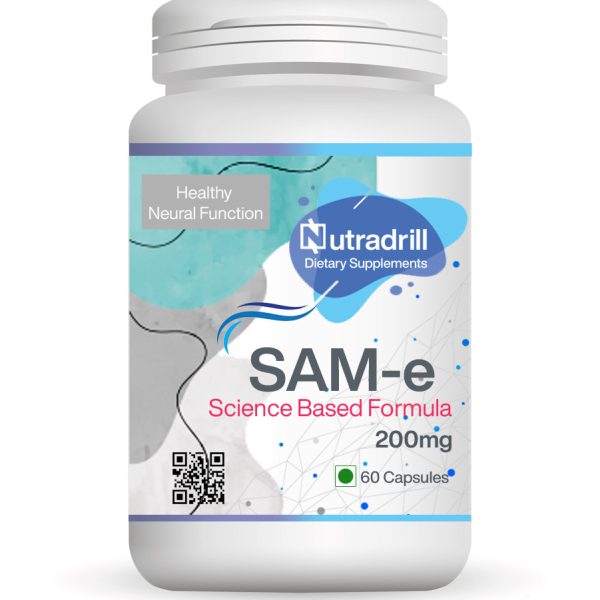
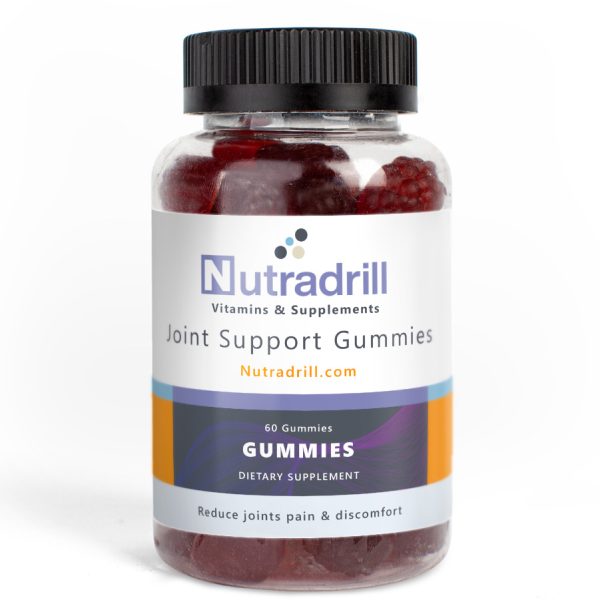
Reviews
There are no reviews yet.